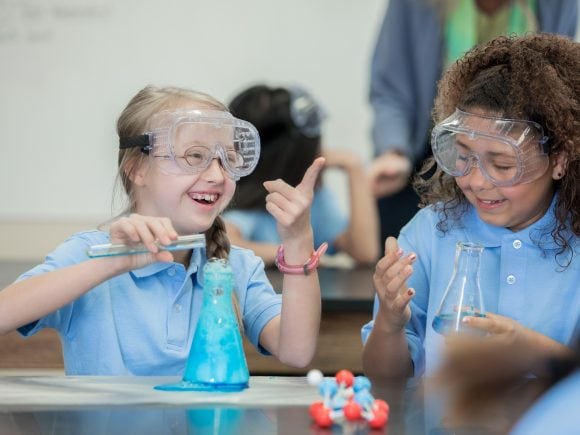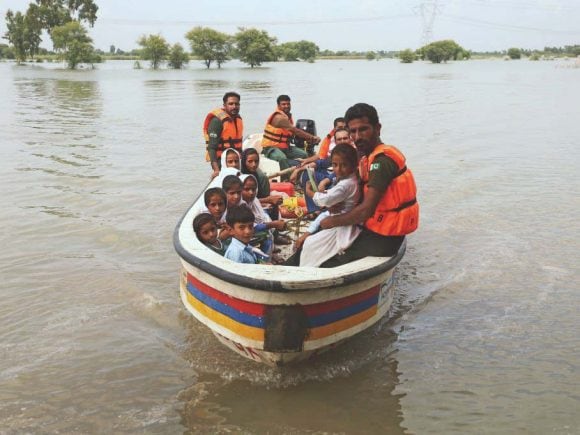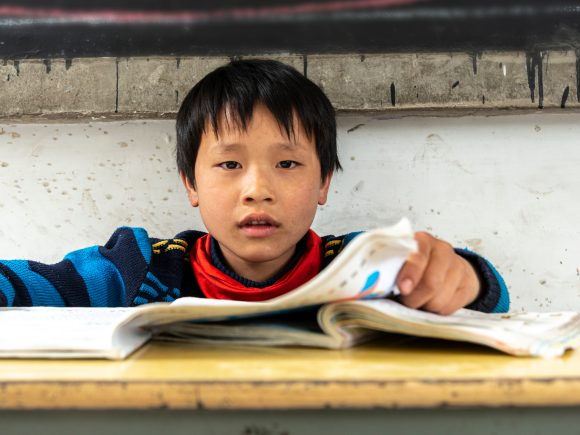Providing quality education for all is a huge global concern, this guide shines a light on some of the biggest challenges and key promising solutions available to you, all of which reflect our first-hand experience working in the field. We hope this guide ignites your passion for bringing inclusive and equitable lifelong learning to the world.
Whether as philanthropists, investors, business leaders or individuals, you can be a crucial part of raising awareness of education challenges and impacts.
Download the guide to read more about the issues and solutions, and learn from experts and other philanthropists. Inside, you’ll find concrete tips on how to embrace a holistic approach and it will help you consider the part you’ll play in providing inclusive and equitable quality education and lifelong learning opportunities for all.
A snapshot of the guide can be found below.
A guide for all to have an impact in education
A guide for all to have an impact in education
Learning for Life combines the expertise of more than 30 education experts, philanthropists and changemakers, with UBS´s twenty plus years of experience in advising clients on making an effective impact. Find out how you can make a difference.
Wise words
Wise words
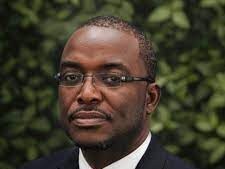
George Kronnisanyon Werner
Former Minister of Education, Liberia
“Philanthropic giving unlocks, catalyzes and inspires major benefits for those most in need. Government financing tends to be slower and tied to complex conditions. But children most in need of equal access to quality education don’t have time to wait. Philanthropy can ignite widespread positive change by providing flexible resources, pushing for accountability, and helping leaders realize their vision.”

Dr. Rukmini Banerji,
CEO, Pratham Education Foundation, Yidan Prize Laureate (Education Development)
"There’s no such thing as a one-size-fits-all solution. For a program to work, it needs to be owned locally and tailored to the location. Most of all, everyone needs to keep believing that local people and governments can achieve large-scale change."

Iqbal Dhaliwal
Global Executive Director, The Abdul Latif Jameel Poverty Action Lab (J-PAL)
"Growing the practice of evidence-driven decision-making is key to improving education systems at scale. Philanthropists can play a major role in this systems-level change by providing core support for research organizations to turn evidence into policy."
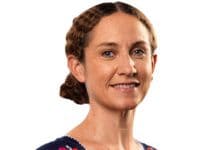
Cecilia Vaca Jones
Former Coordinating Minister of Social Development, Ecuador
"Childrens’ early years is a unique window of opportunity to improve lives. If you change the beginning of the story, you can change how that story unfolds. Investing in the early years can bring the highest social, economic and environmental returns to society."
Tips to take action
Tips to take action
Prioritize equity and quality
- Focus on children that are at risk of exclusion from education as a result of factors such as gender, poverty, disability, displacement or other characteristics
- Support programs backed by evidence for improving outcomes particularly for the most disadvantaged
- Ask for the measurement of performance across different groups of children, particularly those failing to reach minimum standards, to understand who is/isn’t benefitting and why.
Work across sectors
- Address issues that can affect children´s ability to learn, such as nutrition, health, and emotional well-being.
- When possible, prioritize interventions that combine structures and services across sectors (e.g., health and education) to provide holistic support and create lasting change for the most vulnerable children.
Scale cost-effective solutions
- Rather than reinventing the wheel, leverage on existing evidence on cost-effective approaches to improve learning. Support the scaling of such approaches.
- Support research that can help build further evidence on promising interventions for which rigorous, actionable evidence is in short supply.
Support governments
- Prioritize interventions that align with the government´s agenda.
- Fund initiatives that build capabilities within governments and are led by them.
Think about scalability from the start
- When supporting interventions in early stages, make sure that they are designed and planned for scale from the outset (i.e., that consideration is given to the actors that need to be involved to achieve scale, including government; and to the capacity that the systems in which programs operate need to support growth, including budget and human resources constraints, among others).
Empower teachers and support caregivers
- Invest in teachers and support their well-being, recognizing their crucial role in transforming education systems.
- Support teachers’ professional development, protect their creativity and enable the conditions so they can attend the diverse learning needs of their students.
- Recognize the important role that caregivers (at home and school) play in supporting children’s development
Collaborate with others
- Join an existing collective to combine resources, roll out proven solutions and increase impact.
- If an issue is not currently being addressed, join forces with others to propose a solution.
Support key milestones
- Support life-course programs that empower children at pivotal moments in their educational journey, particularly the foundational years (early childhood and primary education) and transitions across settings and educational levels.
Leverage on innovative financing
- Leverage on outcomes-based funding to deliver learning outcomes at scale
- Invest in sustainable investments that put money to work for good while aiming to provide returns comparable to traditional investments.
This is just a small selection of the guide, highlighting actions to bring quality education to all. To understand these and other issues surrounding SDG 4 Quality Education, read the full Learning for Life guide.
In focus
In focus
Changemaker in video
Joe Wolf, Co-Founder and CEO of Imagine Worldwide
Joe Wolf co-founded Imagine Worldwide to bring child-directed, tech-enabled learning to improve reading and math skills for these children, increasing their educational opportunities and improving their long-term health, wealth, and social outcomes.
Joe is a UBS Global Visionary
Sneak peek
Sneak peek
Some key quotes from the guide
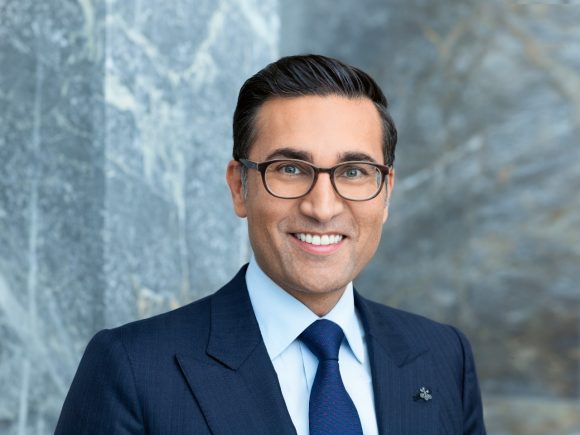
Iqbal Khan
Co-President UBS Global Wealth Management and President UBS EMEA
“Everything begins with education. People who can read and write have the building blocks for a successful future and the opportunity to develop themselves further. I firmly believe that private capital has an instrumental role in funding quality education initiatives, particularly with the uptake of investments with positive societal impact.”
Ricardo Hausmann
Founder and Director of the Growth Lab at Harvard University
"Humans make the things they want to consume, whether it is shelter, food, transportation, finance or entertainment. But to make these goods and services you need to know how to make them. But that is a lot of know-how: it does not fit in a single head. The growth of know-how at the societal level has not been based mainly on everyone knowing more. It is based mostly on individuals knowing different.
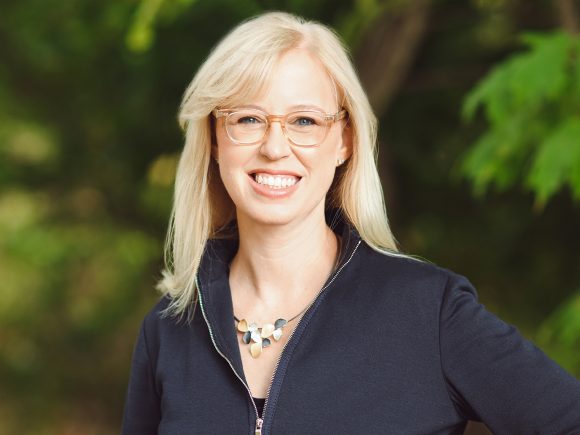
Caitlin Baron
CEO, The Luminos Fund
"Education transforms children’s lives, and changes families, communities, and societies for the better. Yet millions are still shut out from learning. There’s a huge opportunity for philanthropists to improve millions of children’s lives, especially following the pandemic. Look to programs that are already achieving major impact for children."
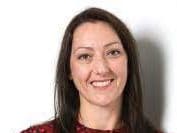
Kate Dooley
CEO, Education Partnerships Group (EPG)
"To fully understand and address the goals and challenges in education systems, it is key to build long-term relationships with governments. Governments are looking for philanthropic partners who understand education systems, respect their goals, and can provide resources and solutions that meet their actual needs."
This is just a taster – to learn more about all the opportunities to be more effective, read Learning for Life…
If you’re passionate about the oceans, please check out our previous guide, Sea Beyond the Blue…
If you're passionate to understand issues surrounding SDG 15 Life on Land, please check out our previous guide, Seeds of Change...
If want to learn more about how to achieve better health for all, please check out our previous guide, Picture of health...
Need our expert help to shape your giving? Get in touch…
Disclaimer:
Disclaimer:



